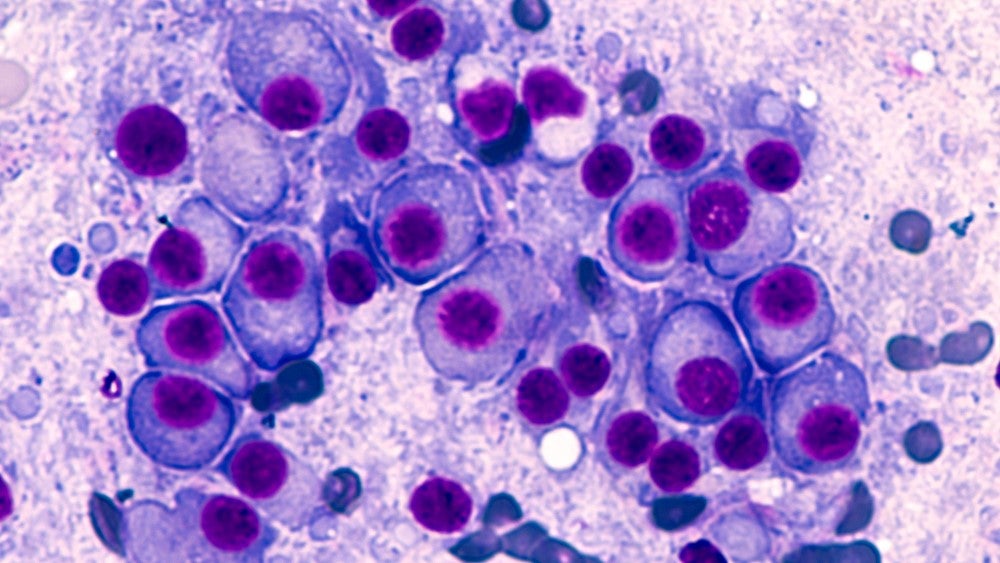AIM ImmunoTech has dosed the first subject in a Phase Ib/II clinical trial, which combines its investigational drug Ampligen with AstraZeneca's Imfinzi, targeting late-stage pancreatic cancer.
The first subject in the trial was dosed at the Netherlands Erasmus Medical Center (Erasmus MC).
The latest development comes after the company received authorisation from the Erasmus MC Ethics Committee to launch a European site for its Phase II trial of Ampligen for locally advanced pancreatic cancer.
AIM ImmunoTech's latest open-label, investigator-initiated, single-centre DURIPANC study is aimed at assessing the safety and efficacy of the combination therapy.
Up to 18 subjects will be enrolled in the Phase Ib segment to assess safety, while the Phase II part will enrol up to 25 subjects to determine the clinical benefit rate of the combination regime of Imfinzi and Ampligen.
Subjects will start with Ampligen 200mg through intravenous (IV) infusion twice per week for a total of six weeks (12 doses), escalating to 400mg.
The initial Ampligen dose is scheduled for four to six weeks after the last FOLFIRINOX chemotherapy treatment.
Subsequently, subjects will receive a 1,500mg dose of durvalumab via IV infusion every four weeks for up to 48 weeks.
The trial will continue until disease progression, unacceptable toxicity, withdrawal of consent, or meeting other discontinuation criteria based on RECIST 1.1 standards.
Ampligen is a double-stranded ribonucleic acid (dsRNA) and toll-like receptor 3 (TLR3) agonist immuno-modulator. It has demonstrated broad-spectrum activity in clinical trials for cancers, viral diseases and immune system ailments.
Erasmus MC Pancreato-biliary surgeon professor Casper van Eijck said: “We are working in earnest toward meeting our expected completion of the Phase Ib portion of the study within six months.
“We continue to be excited about the promise of combining Ampligen with durvalumab and we believe this synergistic approach could make a positive impact on tumour regression and patient survival – potentially changing the treatment landscape for patients with metastatic pancreatic cancer.”















